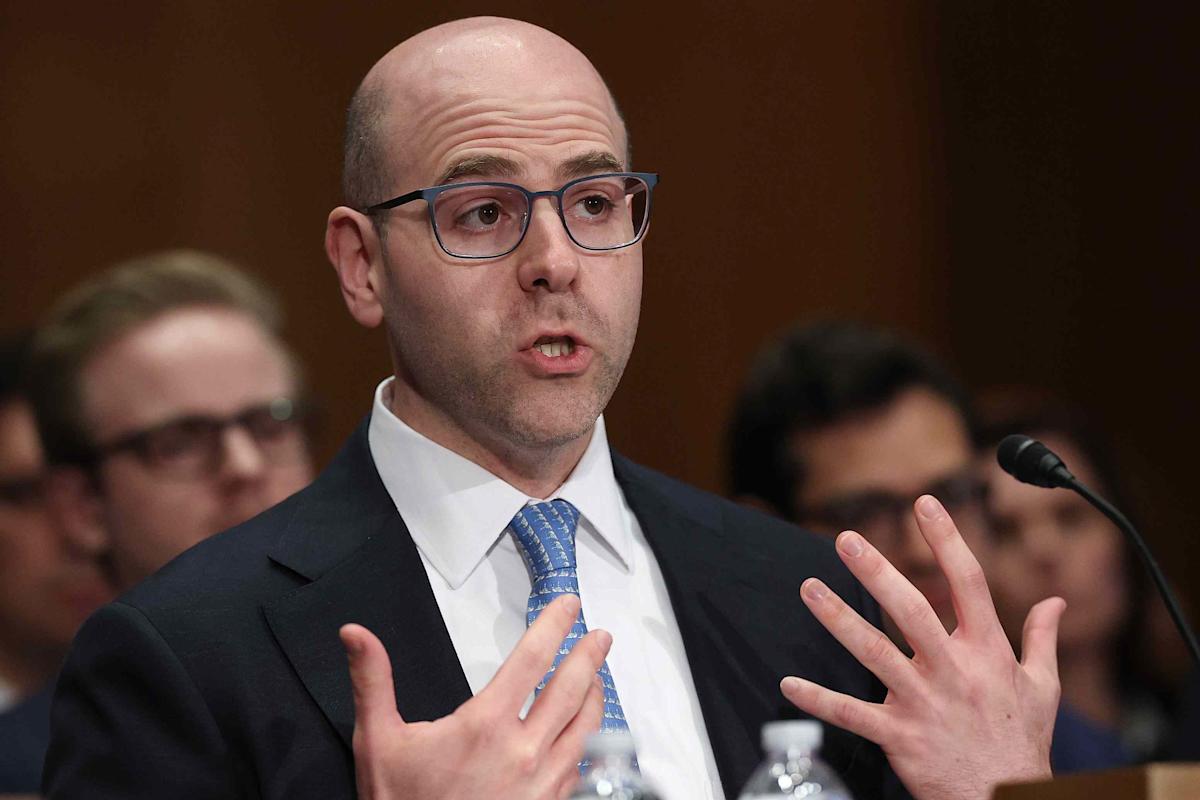Why Trump’s Newest Fed Appointee Wants Steep Rate Cuts
Win McNamee / Getty Images
Stephen Miran said President Donald Trump’s economic policies are pushing down inflation.
-
The Federal Reserve has been reluctant to cut rates too much because it is concerned that Trump’s tariffs are pushing up consumer prices and risk stoking inflation.
-
Inflation is still above the Federal Reserve’s target of a 2% annual rate and has risen in recent months as Trump’s sweeping campaign of import taxes has gone into effect.
-
Stephen Miran, the newest member of the Fed’s policy-setting committee, said that Trump’s mass deportations would soon push down inflation and that tariffs were not pushing prices up. This view starkly differs from that of other economists and Miran’s fellow members of the FOMC.
According the newest member of the Fed’s policy committee, President Donald Trump’s economic policies are pushing down inflation, clearing the way for the Federal Reserve to swiftly and steeply cut its key interest rate.
That was the message from Stephen Miran in his first public appearance since joining the Federal Open Market Committee on Tuesday. Miran was confirmed as a Fed governor just in time to cast the loan dissenting vote in the Fed’s decision to cut its influential interest rate by a quarter point.
In a televised interview on CNBC’s Money Matters Friday, he explained why he voted for a larger cut.
“I don’t see very significant tariff inflation,” Miran said. “I see very little evidence of any of it to date. I see disinflation coming from the border policies. And I see some downward pressures coming from other coming up from other other forces too, like deregulation.”
Miran seems to be an outlier on the Fed’s policy committee and among economists, many of whom have seen signs that tariffs are pushing up prices on store shelves.
Foreign countries are paying the cost of tariffs, he said, contradicting numerous analyses by other experts that found U.S. companies and consumers are footing the bill for Trump’s sweeping import taxes. This week, for instance, the Peterson Institute for Economic Analysis found that U.S. businesses were paying most of the tariffs, and that they would increasingly pass costs along to consumers as they exhausted inventories purchased before the tariffs took hold.
Miran confirmed he not only voted for a sharper rate cut than his colleagues, but wanted far steeper ones in the future. A set of economic projections released by the Fed on Wednesday showed one person among 19 Fed policymakers favored cutting the fed funds rate to a range of 2.75% to 3% by the end of the year, three-quarters of a percentage point lower than the next lowest projection.


